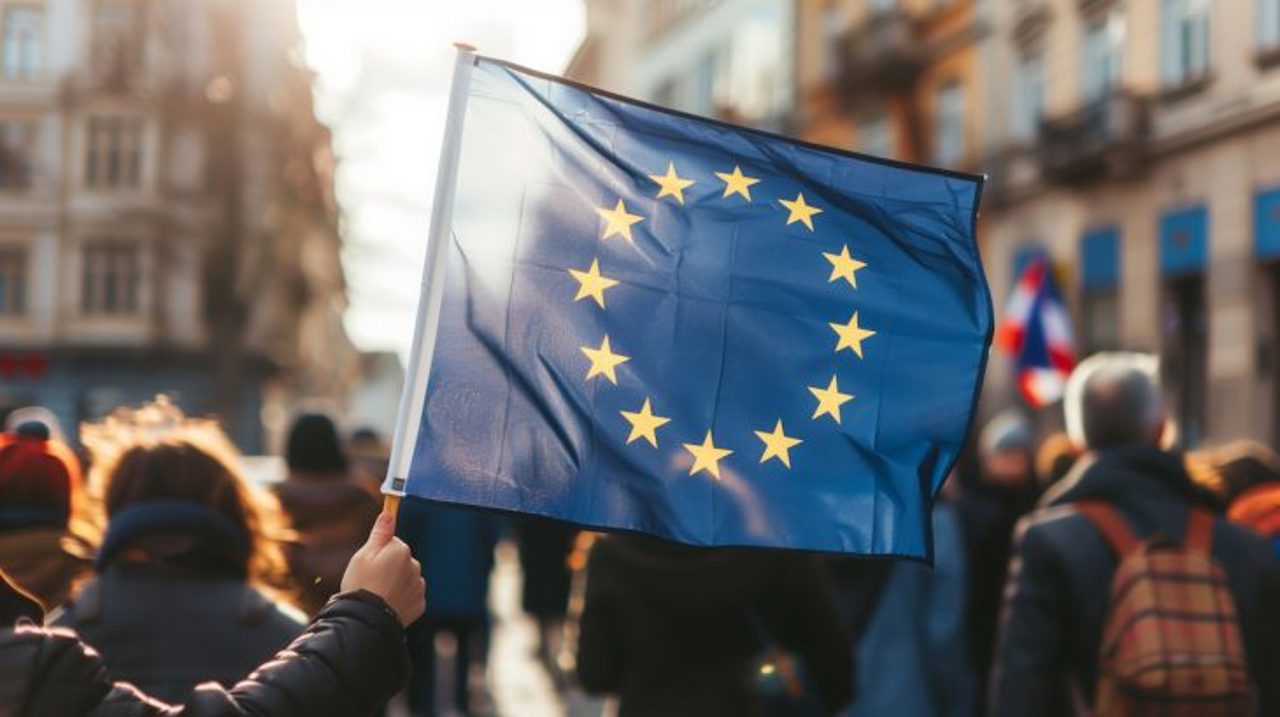Correspondence: Ukraine – the moment of truth for Europeans
The first round of elections in Romania has generated significant concern among European leaders. Romania, a pivotal country in both the EU and NATO located in the former communist bloc, faces the risk of sliding towards a totalitarian or autocratic regime, similar to Viktor Orban’s Hungary or Fico’s Slovakia. This comes at a time when many ultra-nationalist or far-right parties, as well as some far-left factions in Europe, seem to be aligning themselves with Putin’s interests. What can Europeans do now to address this unexpected situation?

The recent escalation of conflict in Ukraine, compounded by uncertainty over Donald Trump’s intentions—who has promised to end the war but has not articulated how—has forced Europeans to rethink their position. The moment of truth that they have long hoped to avoid is now upon them; the reality is that this war is primarily a European conflict.
In the past month, Russia’s war against Ukraine has shifted from a war of attrition to a particularly dangerous phase. The fighting has intensified as part of a deliberate escalation strategy initiated by Russia, particularly since October with their appeal for support from North Korean troops.
While there is an element of posturing and intimidation from the Kremlin, particularly with Washington preparing for a significant political shift with Trump’s inauguration on January 20, European nations remain deeply divided on how to respond. Time is of the essence, as Ukrainian forces are facing serious difficulties. The civilian population is once again experiencing heavy bombardment, and Ukraine’s energy infrastructure is being systematically targeted.
Without waiting for the Trump administration to announce its plan, Europeans must urgently unite to support Ukraine and prepare for potential Russian-Ukrainian negotiations, which the United States may facilitate to end the current phase of the war—negotiations that Putin currently appears to resist.
Some European countries started to take proactive measures. Nations such as France, the United Kingdom, Poland, and the Nordic and Baltic states are actively discussing strategies, with input from Kiev, to mitigate the consequences of a potential American withdrawal from Ukraine.
The possibility of deploying European military personnel to Ukraine is once again being considered, with a focus on bolstering the defense industry across member states. These nations must continue their efforts despite the lack of a consensus within Europe and insist on representation when discussions about a cessation of hostilities take place. To achieve this, a key country like Romania mustn't fall under Putin’s influence. The upcoming elections, particularly the legislative votes and the second round of the presidential elections in Romania on December 8, may serve as a pivotal indicator of the continent's future direction.
Author: Dan Alexe





